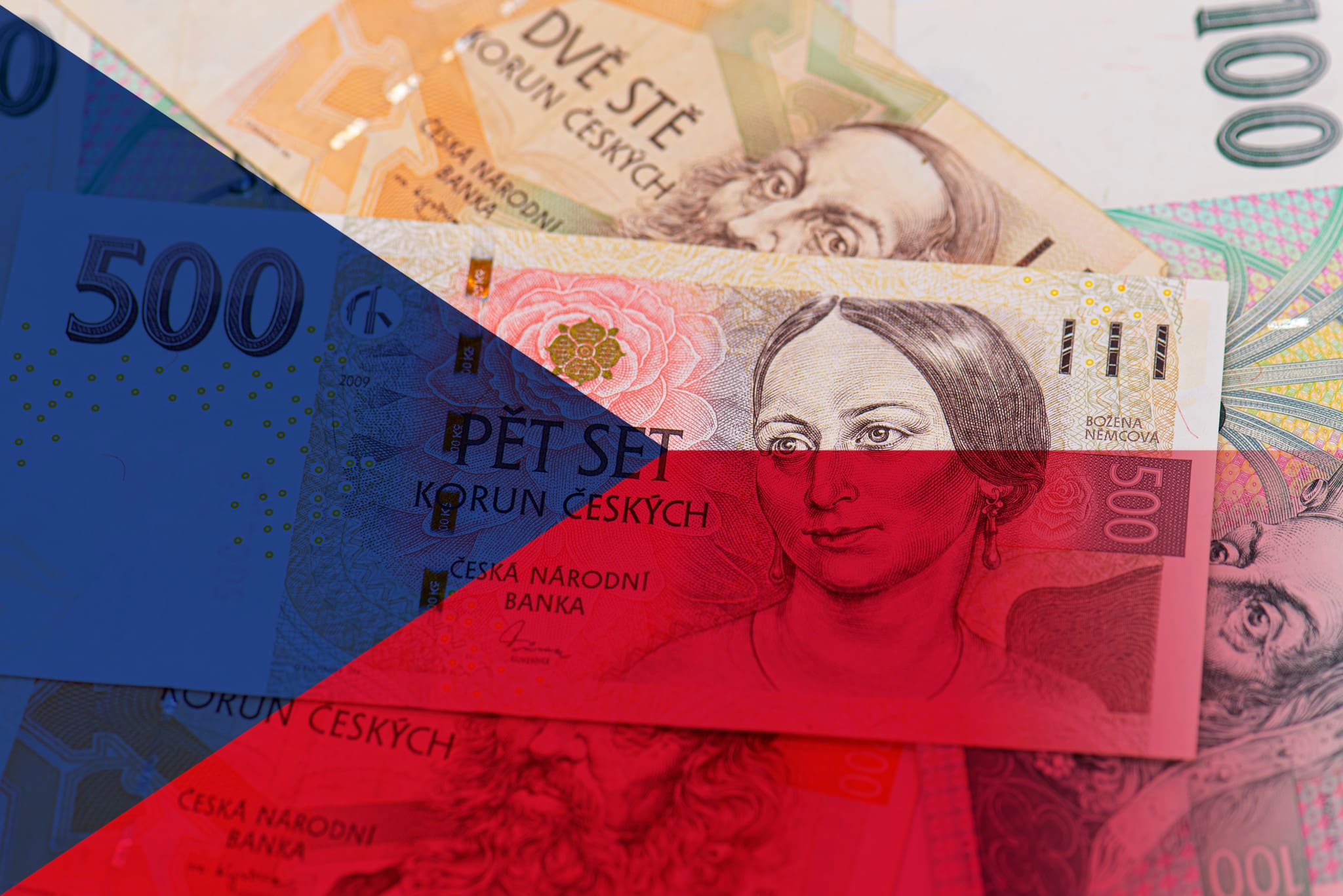Price growth in the Czech Republic accelerated again after year-over-year inflation reached 18 percent this September, according to data published by the Czech Statistical Office (ČSÚ) on Tuesday. It is the highest level of annual inflation since December 1993.
In the year-over-year and month-over-month comparison, prices related to housing, especially energy prices, contributed the most to the growth. Consumer prices rose by 0.8 percent month-over-month in September.
In August, year-over-year price growth slowed to 17.2 percent for the first time in 13 months, but in September, price increases accelerated again.
“The Czech National Bank‘s main goal is to stop the accelerating pace of price increases, but Tuesday’s numbers showed that it is not succeeding yet,” said analyst Tomáš Volf.
According to him, the second phase should follow. Then, prices will rise more and more slowly.
“Czech central bankers want to achieve this through the stability of high rates, but a slight increase at the November or December meeting has not been ruled out,” he added.
“Prices in the housing sector contributed the most to this acceleration, especially energy and fuel prices, which were almost 50 percent higher year-over-year,” said Pavla Šedivá, head of the consumer price statistics department of ČSÚ.
Year-over-year price increases were most pronounced in the categories of catering and accommodation (25.3 percent), housing (24.9 percent), and food (21.0 percent). However, prices rose in all sectors without exception, with the smallest increases seen in post and telecommunications (by 1 percent), alcoholic beverages and tobacco (6 percent), and education (7.5 percent).
After considering the importance of individual categories for Czechs’ spending, housing remains at the top — including energy costs — with a contribution to overall inflation of 6.7 percentage points.
Food (3.7 percentage points) and catering and accommodation (1.5 percentage points) also are emptying Czech wallets.
“However, energy prices should begin to come down starting in October due to the established government measures in the form of a savings tariff and the remission of payments for renewable energy sources. According to our estimate, their direct impact could contribute to a reduction of annual inflation in the range of 1 to 2.5 percent in the last three months,” estimates Martin Gürtler from Komerční banka.





